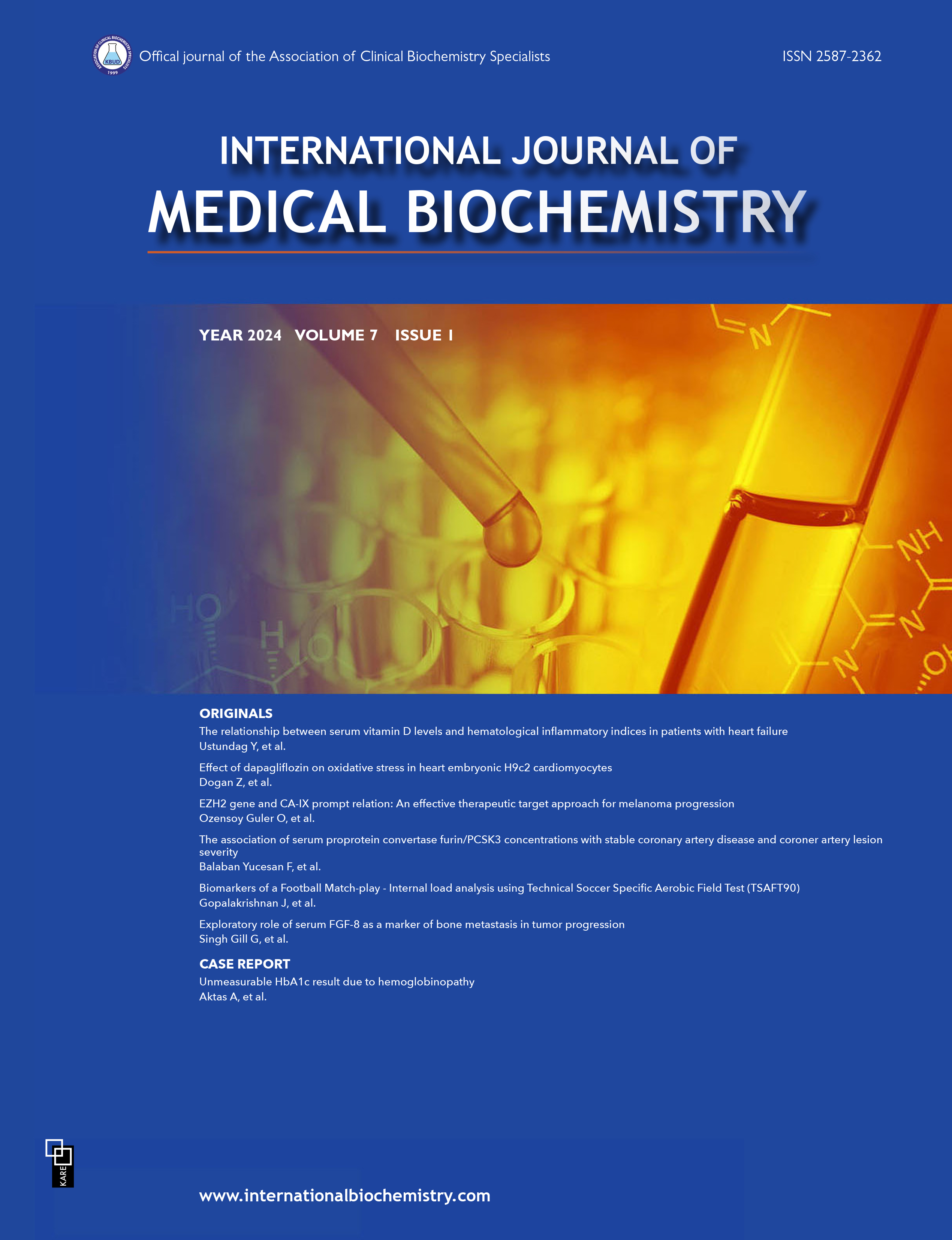Adapter protein FADD bridges the apoptosis
Faiz Marikar1, Chun Zi Hua21Department of Biochemistry, General Sir John Kotelawala Defence University, Kandawala Road, Ratmalana, Sri Lanka2Department of Biochemistry and Molecular Biology, State Key Laboratory of Pharmaceutical Biotechnology, College of Life Sciences, Nanjing University, Nanjing, China
More than a century ago, the very first adverse human health effects of Fas-associated death domain (FADD) were re-ported with cell death. It is most well-known role in apoptosis, FADD has also been seen to play a role in other processes including proliferation, cell cycle regulation, and development. It contains two main domains: A C terminal death domain (DD) and an N terminal death effector domain. On stimulation by the Fas ligand, the Fas receptor trimerises. Many receptors, including Fas, contain a cytoplasmic DD and are therefore named death receptors. FADD binds to the DD of this trimeric structure through its DD leads to apoptosis. FADD also plays a role in regulating necroptosis, a process requiring the serine/threonine kinases. Activated caspase 8 cleaves these kinases, inhibiting necroptosis. Application of Taxol is a drug used in anticancer therapies due to its ability to interfere with microtubule assembly, which leads to cell cycle arrest. It has been suggested that inhibition of FADD might work as a potential targeted therapy for drug-resistant ovarian cancer.
Keywords: Apoptosis, drug effect, fas-associated death domain, geneticsCorresponding Author: Faiz Marikar, Sri Lanka
Manuscript Language: English



















